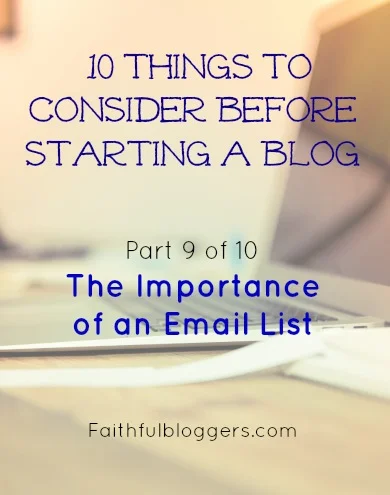How to Get Unstuck in 3 Steps
/My friend Yvette asked me how things were going with my ministry and blog.
"Ummm....I'm stuck."
With all the trials I have gone through (as you may have read in my prior post) I have found my writing to be at a standstill. I understand this is to be expected as I have needed to go through a period of healing. But as I began to take steps to normalcy, I felt as though the mire was holding my feet so strongly I couldn't even figure out how to take the first steps.
When I told her "I'm stuck", guess how she answered..she said,
"Then write about that."
Now, I love my friend dearly, but I wanted to say to her was,
"Yvette, that is no help at all."
I mean, really, people don't want to know what it's like to be stuck. Lot's of people are stuck. If you're not, trust me, stuck stinks!!!!
I also thought, "I certainly can't write about how to get unstuck because if I knew how, I'd just do it."
I had been stuck before but somehow this stuck was bigger and more daunting. I'm unstuck now, or at least well on my way, and here's what I've learned. Bigger stuck and little stuck require the same solution. Bigger stuck just requires MORE of the solution, and it has three parts.
1) Embrace the Stuck.
I know this may seem contrary to where you are trying to get to but really, sometimes you just have to embrace the stuck.
I'm not talking about embracing the stuck indefinitely, I'm talking about embracing God's plan.
If God has you in a period of being stuck, examine your situation and see if He is asking you to take time off for renewal. Fallow ground is mentioned many times in scripture.
The definition of fallow is: “(of farmland) plowed and harrowed but left unsown for a period in order to restore its fertility as part of a crop rotation or to avoid surplus production.”
We think of fallow ground as cracked, dry, and lacking growth.
But under that dry ground rest and renewal is happening. When a farmer has a fallow field it is intentional. Fields are left for a period of rest because the farmer knows that if he plants in that field when all the nutrients are depleted the crop will not produce well.
We are like that field. Without a period of rest and renewal, we too are not capable of producing good fruit.
Just trust me on this… embrace the stuck.
2) Pray
During your fallow ground period spend tons of time in prayer. Don’t focus on getting unstuck, focus on God. Let Him do the unsticking and let Him do it in His timing. If you attempt to push something forward before God’s perfect timing, things are bound to not go well.
Pray about everything. Ask God for guidance and wait patiently for answers, and don't act until you have them.
During your prayer time there are a couple things you should also consider
- Confess sins: 1 John 1:9 says “If we confess our sins, He is faithful and just to forgive us our sins and to cleanse us from all unrighteousness.”
- Forgive others: Service and ministry is a gift to God. Matthew 5:23 says “Therefore if you bring your gift to the altar, and there remember that your brother has something against you, leave your gift there before the altar, and go your way. First be reconciled to your brother, and then come and offer your gift.”
3) Step Out in Faith
At the end of your fallow ground period, you'll eventually have to step out in faith. There are two accounts in scripture of times when God parted water for the Israelites to walk across on dry ground. One is in Exodus and one is in Joshua. One involves Moses leading, the other involves Joshua.
Both times the men were asked to do something before God parted the water.
Exodus 14:16 “But lift up your rod, and stretch out your hand over the sea and divide it. And the children of Israel shall go on dry ground through the midst of the sea.”
Joshua 3:8 “You shall command the priests who bear the ark of the covenant, saying, ‘When you have come to the edge of the water of the Jordan, you shall stand in the Jordan.”
Both men were asked to do something in faith, Moses had to hold out a rod, Joshua had to get in the water. Both would have looked silly to those present if nothing had happened. Both only knew what to do because they had heard from God
We hear from God through spending time with Him. You should never jump to step 3 with out completing step 2 (Prayer).
After you spend time in prayer, what is God asking you to do to step out in faith? What is the first step He is asking you to take in order to get unstuck?
Take that first step. Get in the water.
The second and third steps will shortly follow and you will suddenly find you are no longer stuck.
UPDATE: Yvette called...she said "The blog post is great but you forgot something."
"What's that?", I asked.
She said "You forgot to say, 'Yvette was right'".
So here you go... Yvette was right!

































